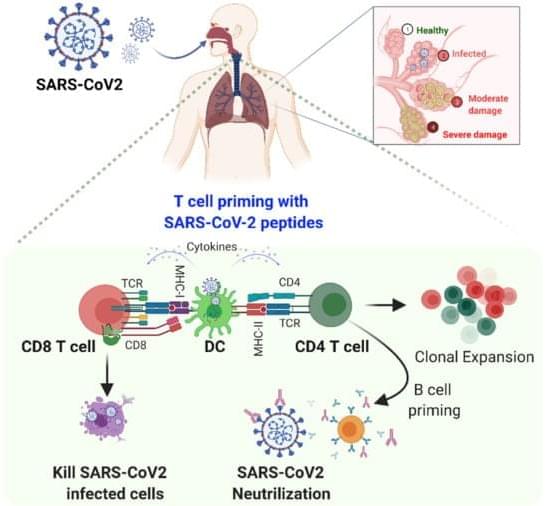May 13, 2024
Enhancing Boiling Processes for Lunar and Martian Exploration
Posted by Laurence Tognetti, Labroots Inc. in categories: futurism, space
How will liquids boil under reduced gravity, specifically on the Moon and Mars? This is what a recent project hopes to address as a team of researchers led by the Southwest Research Institute (SwRI) and working with Texas A&M University investigated the behavior of boiling liquids under reduced gravity using parabolic flights that are designed to simulate reduced gravity conditions. This project holds the potential to help researchers and future astronauts better understand how to manage boiling liquids during long-term space missions to the Moon and Mars where the gravity is one-sixth and one-third of the Earth’s, respectively.
From left to right: SwRI Research Engineer, Emilio Gordon, Texas A&M University Professor of Aerospace Engineering, Dr. Bonnie Dunbar, and SwRI Research Engineer, Dr. Eugene Hoffman, examine the experimental payload right before its parabolic flight on April 24th, 2024. (Credit: Southwest Research Institute)
“We have so little data about how boiling works in reduced gravity,” said Kevin Supak, who is a program manager at SwRI and the project lead. “Our experiment studies boiling in conditions that simulate lunar and Martian gravity levels using four different surfaces to examine how bubbles initiate and detach.”


















